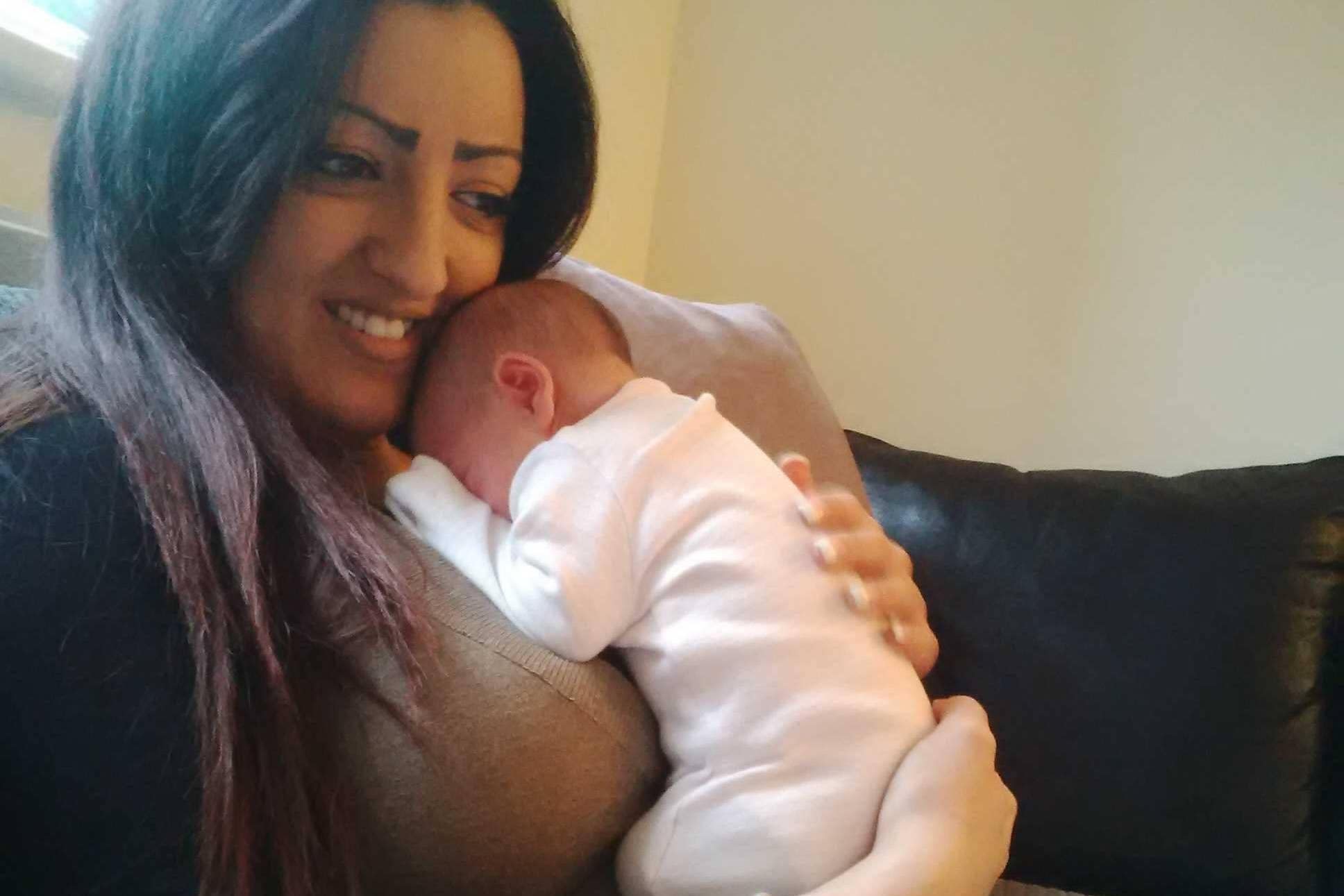Two women who died with herpes weeks after giving birth should have been treated earlier, says coroner
Coroner ruled out unlawful killing and neglect verdicts as she gave her summary of findings.

Your support helps us to tell the story
From reproductive rights to climate change to Big Tech, The Independent is on the ground when the story is developing. Whether it's investigating the financials of Elon Musk's pro-Trump PAC or producing our latest documentary, 'The A Word', which shines a light on the American women fighting for reproductive rights, we know how important it is to parse out the facts from the messaging.
At such a critical moment in US history, we need reporters on the ground. Your donation allows us to keep sending journalists to speak to both sides of the story.
The Independent is trusted by Americans across the entire political spectrum. And unlike many other quality news outlets, we choose not to lock Americans out of our reporting and analysis with paywalls. We believe quality journalism should be available to everyone, paid for by those who can afford it.
Your support makes all the difference.Two women who died with herpes weeks after giving birth should have received earlier treatment for their symptoms, a coroner has said.
Kimberley Sampson, 29, and Samantha Mulcahy, 32, died in 2018 after having Caesarean sections conducted six weeks apart by the same surgeon at hospitals in Kent.
Their families have been waiting five years for answers on how they came to be infected with the virus.
At an inquest hearing in Maidstone on Friday, coroner Catherine Wood gave a summary of her findings, saying both women could have been given an anti-viral treatment sooner, and that particularly in Ms Mulcahy’s case “suspicion should have been raised” given the knowledge among staff already of Ms Sampson’s earlier death.
She said: “The earlier treatment is given, the better the outcome.”
Ms Wood ruled out human culpability of any of the medical staff involved in the case and said it was “unlikely” for the surgeon to be the cause of the herpes infection found in both women.
Ms Wood said: “I can’t find he was a carrier without some proof of evidence.”
She subsequently ruled out conclusions of unlawful killing and neglect, which lawyers for the women’s families had argued for.
The coroner is expected to give narrative conclusions for both Ms Sampson and Ms Mulcahy on July 26.
Ms Sampson gave birth to her second child at the Queen Elizabeth the Queen Mother Hospital in Margate, in May 2018, and died at the end of the month in a London hospital.
In July 2018, first-time mother Ms Mulcahy died at the William Harvey Hospital in Ashford, Kent.
All of the evidence suggests early recognition is more likely to raise a positive outcome
Both hospitals are run by the East Kent Hospitals University NHS Trust (EKHUT).
The coroner said: “This is a rare but often fatal disease and more needs to be done to raise awareness of it.
“All of the evidence suggests early recognition is more likely to raise a positive outcome.”
The inquest previously heard in April how the surgeon, who cannot be named for legal reasons, could have been a potential source of the infection.
But the surgeon told the inquest his hands were fully scrubbed, double gloved and he was wearing a mask during procedures.
He also said he had no lesions and was not infected, though he had not been tested.
The coroner said those involved who suggested it was the surgeon were trying to “plug the gap” with a possible explanation but she ruled it was unlikely and that “statistical coincidences can occur”.
The hearing on July 14 also heard a legal challenge from the BBC and the PA news agency to lift the anonymity order applied for by the trust to stop the surgeon being named.
EKHUT argued its anonymity order was to protect the reputation and mental health of its staff member from what it claimed would be damaging media reports of the case, but the media’s bid argued the fears for the surgeon were speculative.
Ms Wood also adjourned her decision over the anonymity until the same hearing on July 26.


